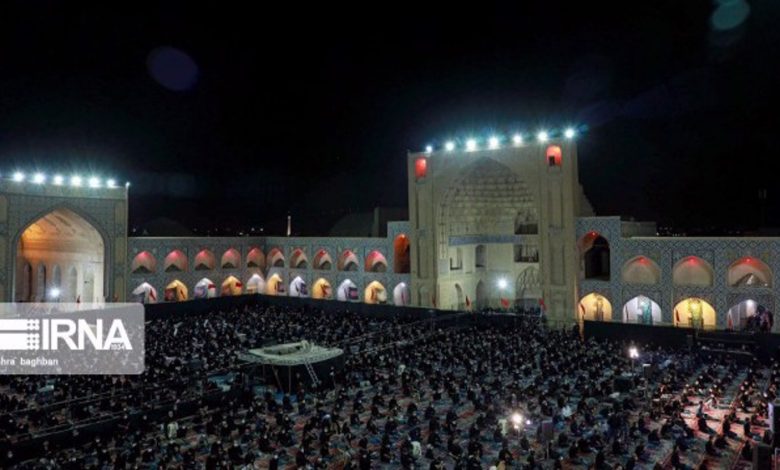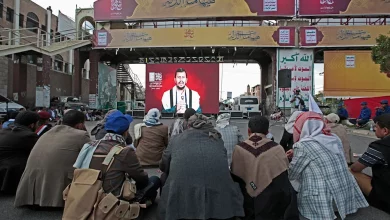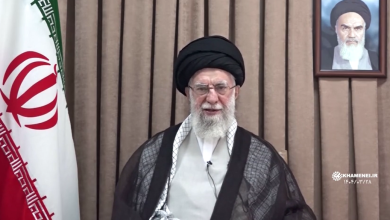
Millions of Muslims around the world are commemorating Tasu’a, the 9th day of the lunar calendar month of Muharram, ahead of the day that witnessed the martyrdom of the third Ahlul Bait Imam.
Tasu’a precedes Ashura on the 10th day of Muharram, when Imam Hussein (AS), a grandson of Islam’s Prophet Muhammad (Peace be upon Him), and his 72 companions were martyred in the Battle of Karbala, in southern Iraq, in 680 AD after fighting courageously for justice against the much larger army of the oppressor Umayyad ruler, Yazid I.
Tasu’a — known as the Day of Loyalty and Resistance — is devoted to Abbas ibn Ali, Imam Hussein’s half-brother, who made great sacrifices during the battle.
He was martyred as he tried to bring water for women and children in the Imam’s camp, who had no water to drink for days due to a siege by the enemy.
Each year on Tasu’a, mourners throng around eulogists at religious centers and mosques, beating their chests to their tunes and shedding tears in memory of the suffering imposed on Imam Hussein (AS), his family, and followers.
Donning black attire to show their sorrow, they also march in processions and distribute votive food.
Many Muslim pilgrims even go on pilgrimage to Iraq, where they take part in mourning rituals at the holy shrines of Imam Hussein (AS) and Abbas ibn Ali in the city of Karbala.
This year, however, mourning ceremonies are different as large gatherings have been banned due to the coronavirus pandemic.
In Iran, people are taking part in outdoor events while observing social distancing rules imposed to help slow the virus spread.

Similar mourning ceremonies are being held in other Muslim communities across the world, including in Iraq, Lebanon and Bahrain.
In a bid to avoid virus transmission, Iraq’s Higher Committee for Health and Public Safety decided not to allow foreign pilgrims to enter the country and imposed a travel ban in its provinces.
Iraq’s prominent cleric Grand Ayatollah Ali al-Sistani has called on his followers to stay home and mourn the occasion through live feeds on TV and the internet. He has also urged “strict compliance” with directions issued by health authorities about mourning in public places.
Police in Karbala have banned gatherings and only allowed locals to enter the governorate until the 13th day of Muharram (September 2) in line with the coronavirus safety protocols.







